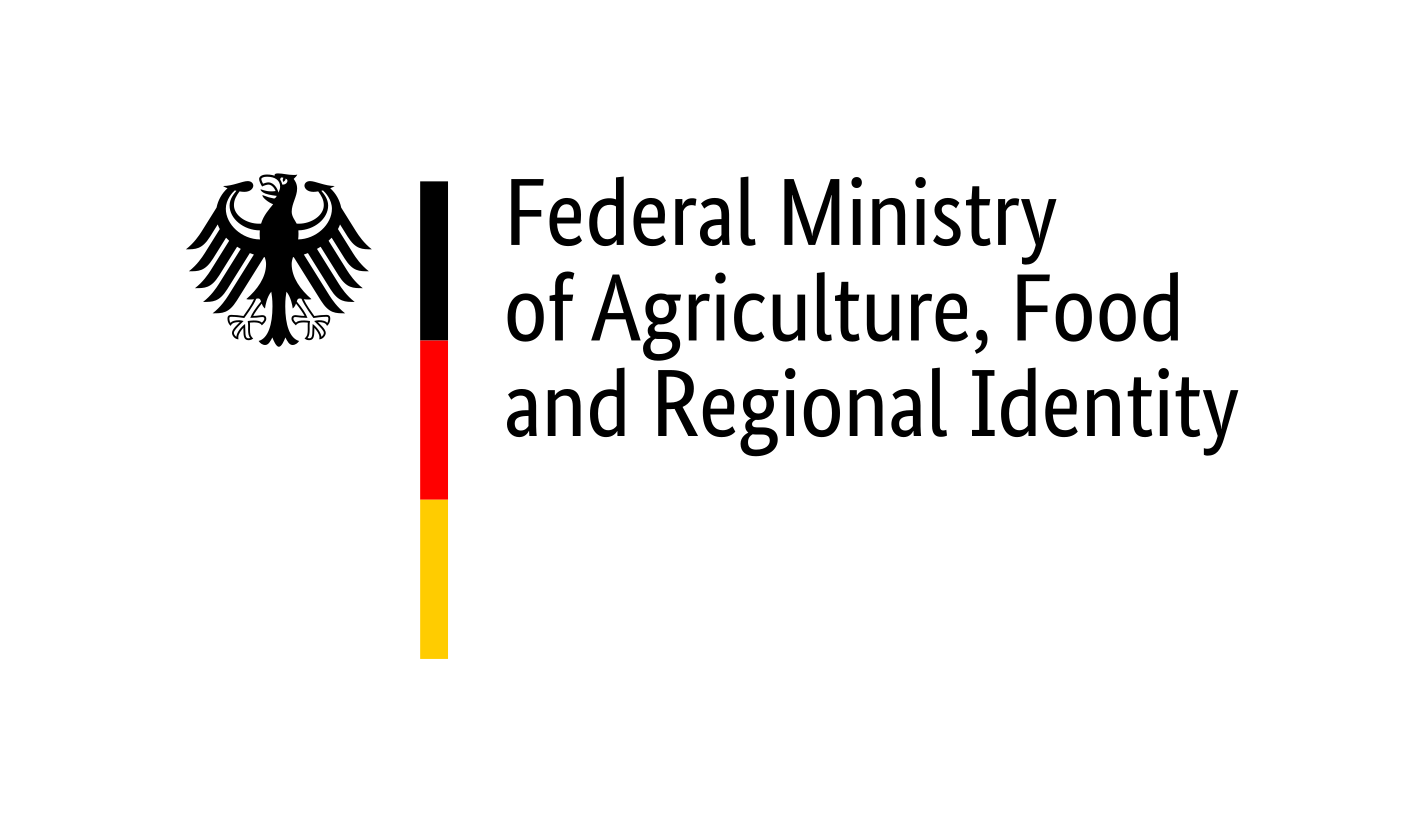About EVA
The EVA Network
The ECPGR EVA network was established in 2019 with funding from Germany to bring together diverse stakeholders of plant genetic resources for food and agriculture (PGRFA) in Europe, jointly improving our knowledge of the diversity of genetic plant material held in European genebanks and making them accessible for use in breeding and research. EVA is of strategic importance for Europe and provides an opportunity to promote the sustainable use of PGRFA to facilitate the adaptation of European agriculture to climate change and to contribute towards achieving related Sustainable Development Goals (SDGs).
Inter alia, EVA aims to:
- Promote the establishment of European Private Public Partnerships to carry out targeted evaluation of PGRFA
- Promote and improve the digitization, harmonization, availability and exchange of existing and newly generated evaluation data of PGRFA
- Improve the evaluation of PGRFA through coordinated and collaborative efforts, using harmonized methods and standard protocols and the development of best practices, guidelines and tools
In collaborative projects involving public and private sector partners and through participatory plant breeding actions EVA is generating standardized evaluation data (both phenotypic and genotypic data) for numerous crop accessions and landraces available in European genebanks.
All activities within the EVA networks are intended at the pre-competitive stage, to increase our knowledge about valuable traits of publicly available crop germplasm, with a view to introducing these into public and private breeding programmes. Evaluation data from different environments across the continent will also aid in identifying adapted accessions for breeding climate-resilient crops.
The ECPGR EVA currently comprises six crop-specific networks for cereals and vegetables:
A new network on perennial plants (fruit trees and berries) is in preparation through the EVA Boost project. New EVA networks are being considered and can be developed through the ECPGR Grant Scheme or other activities.
For more information or if you are interested in joining the EVA networks, please contact the EVA coordinator Sandra Goritschnig.


